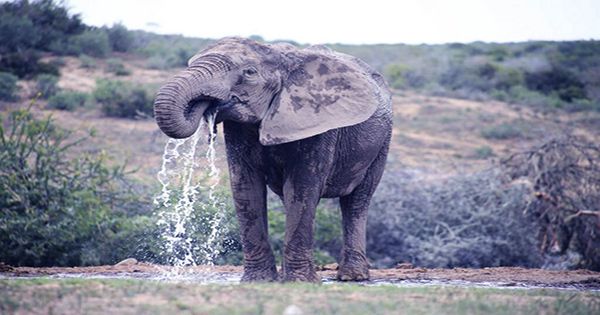Animal welfare refers to the well-being of non-human animals. Formal animal welfare standards vary depending on circumstances but are mostly disputed by animal welfare organizations, legislators, and academics. It relates to the well-being of animals and involves numerous facets of how people treat and care for animals.
Animal welfare science employs metrics such as longevity, disease, immunosuppression, behavior, physiology, and reproduction, while there is disagreement regarding which of these best reflects animal welfare. It entails ensuring that animals are not subjected to undue pain and that their bodily and psychological requirements are addressed.
Respect for animal welfare is frequently founded on the concept that nonhuman animals are sentient and that their well-being or suffering should be considered, especially while they are in the care of humans. Concerns may include how animals are slaughtered for food, how they are utilized in scientific study, how they are housed (as pets, in zoos, farms, circuses, and so on), and how human activities affect the well-being and survival of wild species.
Some key components of animal welfare include:
- Physical Health: Giving animals sufficient feed, clean water, and shelter to keep them healthy and disease-free. This includes regular veterinary care as well as access to necessary medications as needed.
- Safe and Comfortable Living Conditions: Animals should have safe, clean, and comfortable living conditions. This comprises suitable housing, sufficient space, and protection from adverse weather conditions.
- Protection from Harm: Animals should be safeguarded against physical harm, abuse, and neglect. This involves curbing animal cruelty, dog fighting, and wasteful testing.
- Social and Behavioral Needs: Recognizing that animals have species-specific social and behavioral needs. Dogs, for example, require social interaction and exercise, whereas farm animals such as cows and pigs benefit from the ability to engage in natural behaviors.
- Mental Well-Being: Ensuring that animals do not suffer from boredom or stress. This can involve providing mental stimulation, such as toys for captive animals or environmental enrichment for zoo animals.
- Freedom from Pain and Distress: Animals should be protected from pain and distress. This includes humane euthanasia when necessary and the use of anesthesia or analgesia during procedures that may cause pain.
- Transport and Slaughter: Using suitable handling practices and stunning techniques to ensure that animals are transported and slaughtered in a humane and stress-free way.
Animal welfare is an ethical concern, and many countries have enacted laws and regulations to protect and maintain the well-being of animals. Various groups and advocates try to promote better animal treatment in agricultural and other situations. Furthermore, ethical considerations have led to the creation of alternative practices, such as veganism and cruelty-free products, with the goal of eliminating animal pain.
















